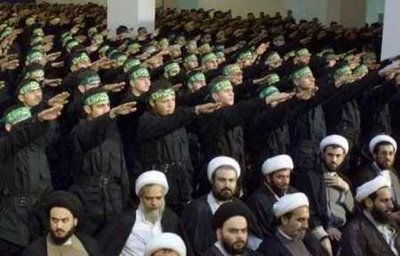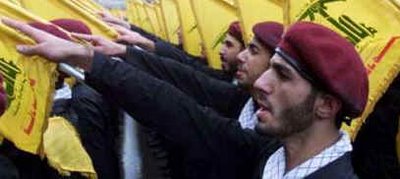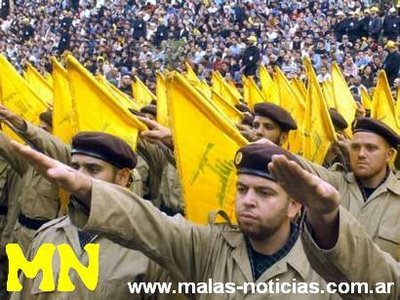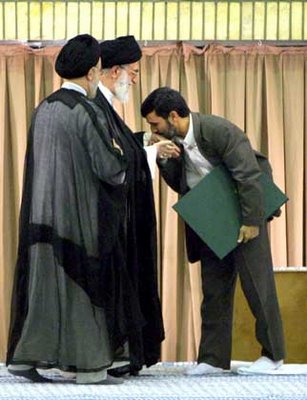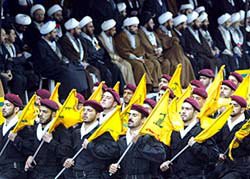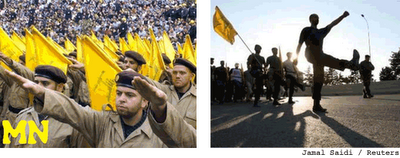Suicide bomber attacks Iran's Guards, kills 31
Reporting from Cairo and Tehran - In a brazen attack on Iran's military elite, a suicide bomber today killed five Islamic Revolutionary Guard Corps commanders and 26 others at a gathering of tribal leaders in a southeastern province near the Pakistan border that's known for drug running and religious extremism, according to the official Iranian news agency.
The assault was carried out by a lone man who reportedly disguised himself in tribal dress and detonated an explosives belt at a gymnasium in the city of Pisheen in the Sistan-Baluchistan province, a harsh land plagued by heroin smuggling and ethnic animosities. At least 28 people were wounded in the carnage, images of which were broadcast across a stunned nation.
Iran state-owned Press TV reported that a simultaneous second bombing targeted another group of Revolutionary Guard officers traveling in a convoy near Pisheen. There were no numbers on casualties, and the report could not be independently confirmed.
State media said the Sunni Muslim militant group Jundallah, or Soldiers of God, which operates along the Iran-Pakistan border, claimed responsibility for the attack. The organization, part of a regional Sunni insurgency in Shiite-dominated Iran, has for years killed and kidnapped Iranian soldiers and police officers.
[...]
Iran's post-election unrest also may have inspired today's bloodshed. Jundallah had vowed to take revenge on the Revolutionary Guard for cracking down on protestors marching against the disputed June re-election of President Mahmoud Ahmadinejad. The peaceful opposition movement led by vanquished presidential candidate Mir Hossein Mousavi never associated itself with Jundallah, but some analysts suggest the group had plotted the attack to exploit the political turmoil at a time when the Revolutionary Guard is tightening its hold on the country.
"It was a measure to show that IRGC is susceptible and penetrable. A suicide bomber infiltrated a gathering that was supposedly held under tight security because of the presence of the high-ranking IRGC commanders," said Mashaallah Shamsul Waezin , a political analyst in Tehran. "And, secondly, the timing was important because IRGC is associated with the heavy crackdown against post-election protesters, so the terrorist attack can be an intensified echo of public opinion."
[...]
The Revolutionary Guard and hard-line politicians blamed "global arrogance" for the bombing and said the U.S. was funding and arming Jundallah and other militant groups to overthrow the Ahmadinejad government. The accusations came the day before officials from the U.S. and other world powers were to meet in Vienna on Monday with Iranian delegates over Tehran's nuclear program. [...]
The Iranian theocracy blaming foreigners is predictable. But they have a lot of internal turmoil being generated by their own actions, and I expect their troubles are only just beginning.
And speaking of Iran's internal problems, Iranian blogger Azarmehr has an interesting post, comparing the pre-revolutionary political trials conducted by the Shah, with the trials happening under the current theocratic Theocracy:
Political Trials under the Shah and in Islamic Republic
Most notable is the coerced, scripted confessions.
Related Links:
Solidarity with Hengameh
Five Death Sentences Now
Our Brother Has Nothing to do with MeK

